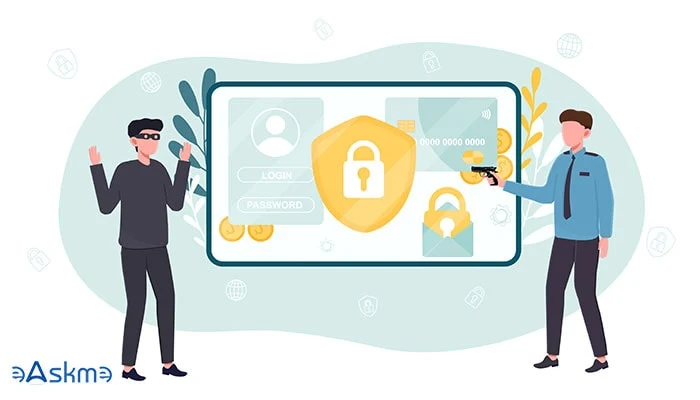You might be hearing about cryptocurrency scams in every corner of the world. So, the last thing you will want to hear today is real estate scams.
Unfortunately, nowadays, people are also getting scammed while buying, renting, or refinancing their mortgage related to real estate.
Unfortunately, more and more criminals are getting creative in making new methods of targeting customers.
 |
| Most Common Real Estate Scams: eAskme |
According to the Federal Bureau of Investigations Internet Crime Complaint Centre reports, more than 13,600 people were victimized by real estate scams in 2020 alone.
Also, the number has increased in 2024, which is alarming for you if you are willing to purchase, rent or refinance your real estate in the future. So, keeping an eye on real estate scams would be helpful.
If you know how scammers can approach you, you can easily avoid them, and this is something we will discuss today.
If you are into Bitcoin trading, you can avoid scams using a secured platform like Immediate Profit.
Escrow wire fraud:
In this scam, the scammer will give you an email, phone call, or text and pretend to be an escrow company.
You need to understand that the company created by the scammer will look utterly identical to the one you are already dealing with.
Therefore, they want to wear your escrow fund, and the website will look similar to the one you are familiar with.
So, to create an identical website, they make fake mobile numbers, email addresses, and many more things.
You can only pay attention to brief details about these contacts. Also, check the email address and the link to the website properly if there is any miss-spelling.
If you ignore the small details, you will lose your hard-earned money, and the scammer will get away with it.
Loan flipping:
It is also not the most common type of real estate fraud. Nowadays, the predatory lender is going to call you again and again to refinance your mortgage.
Also, he will be very invasive about the message that he will use to get you to refinance your mortgage.
Each time you borrow money, the money will be higher, but that peace will also be higher.
The scammers mostly charge very high fees, and the transaction is the make or higher.
Therefore, repeatedly, the house owner gets stuck with the payment and, later on, cannot repay the mortgage.
More importantly, older people are property owners with memory loss issues or are targeted by such people.
Foreclosure relief:
Most of the time, homeowners who face many financial problems get behind in their mortgage payments. Therefore, they are desperate to save their home, where the scammers get into the picture.
These people have access to the public records of homes and, therefore, target anyone who cannot pay their mortgage loan payments on time.
They tell them they can help them save their houses and demand a hefty or upfront fee in return.
Rental scams:
The scammer will create a fake advertisement on a social media website in this scam.
The primary target of creating such an advertisement is attracting unsuspecting renters. Sometimes, they take pictures of a property from other websites and then use them.
This camera will not connect to the property so we will ask for an upfront payment for you.
Mostly, the payment is very high, and sometimes, it can also be a deposit for hold. They are just looking to make quick cash and may also be willing to get into some nefarious activities for this work.
Moving scams:
Suppose that you are purchasing new accommodation in a new city.
You are very excited about it and want to move your stuff.
However, you cannot do everything by yourself, so you will look for a company that can do the work for you. You will list all your belongings and what you want to transfer to your new place.
So, you will get a quarter of $4000 in total as an estimate for the work done.
However, the company will call you and tell you it will cost $10,000.
You'll be upset about this, but you might have already paid an advance payment to the company. So, the company will never show up, and you will be prey to moving scams.
If you still have any question, do share via comments.
Share it with your friends and family.
Don't forget to join the eAskme newsletter to stay tuned with us.
Other handpicked guides for you;











